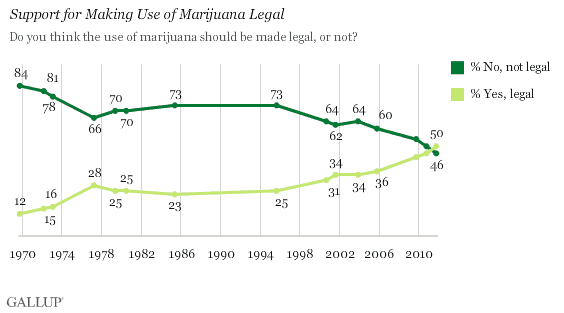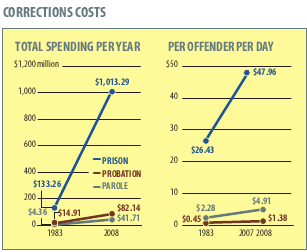 By now you’ve probably seen the video of UC Davis police pepper spraying peaceful protesters who were simply sitting on the gorund.
But have you seen what happened next?
Police were forming up with weapons raised surrounded on three sides by protesters, when someone yelled “Mic check!”
Follow
this link.
Or, if you want to see it starting with the pepper spraying:
By now you’ve probably seen the video of UC Davis police pepper spraying peaceful protesters who were simply sitting on the gorund.
But have you seen what happened next?
Police were forming up with weapons raised surrounded on three sides by protesters, when someone yelled “Mic check!”
Follow
this link.
Or, if you want to see it starting with the pepper spraying:
The one with the two pepper spray cans appears to be the same police lieutenant who pepper sprayed the protesters. As the protesters say through the human microphone that they are willing to let the police just walk away, even after the police had assaulted them with pepper spray, that same lieutenant motions to the police, who lower their weapons and back away.





 the like. We know that they work. We know the recidivism rate, if they go
through those approaches rather than directly into the prison system. We
have less recidivism. We break the addictions, and we’ve got to work
very closely on that.”
the like. We know that they work. We know the recidivism rate, if they go
through those approaches rather than directly into the prison system. We
have less recidivism. We break the addictions, and we’ve got to work
very closely on that.”





